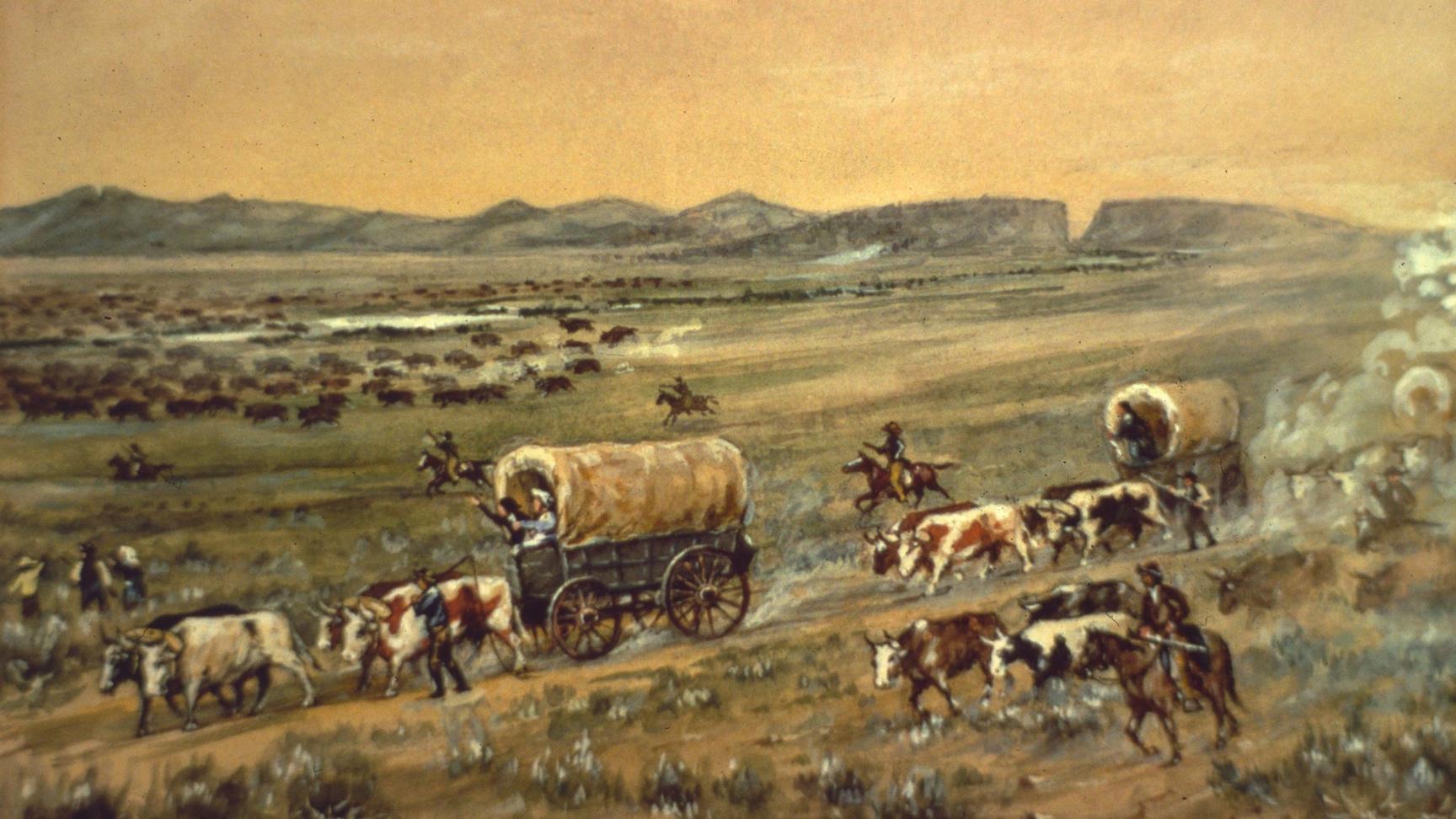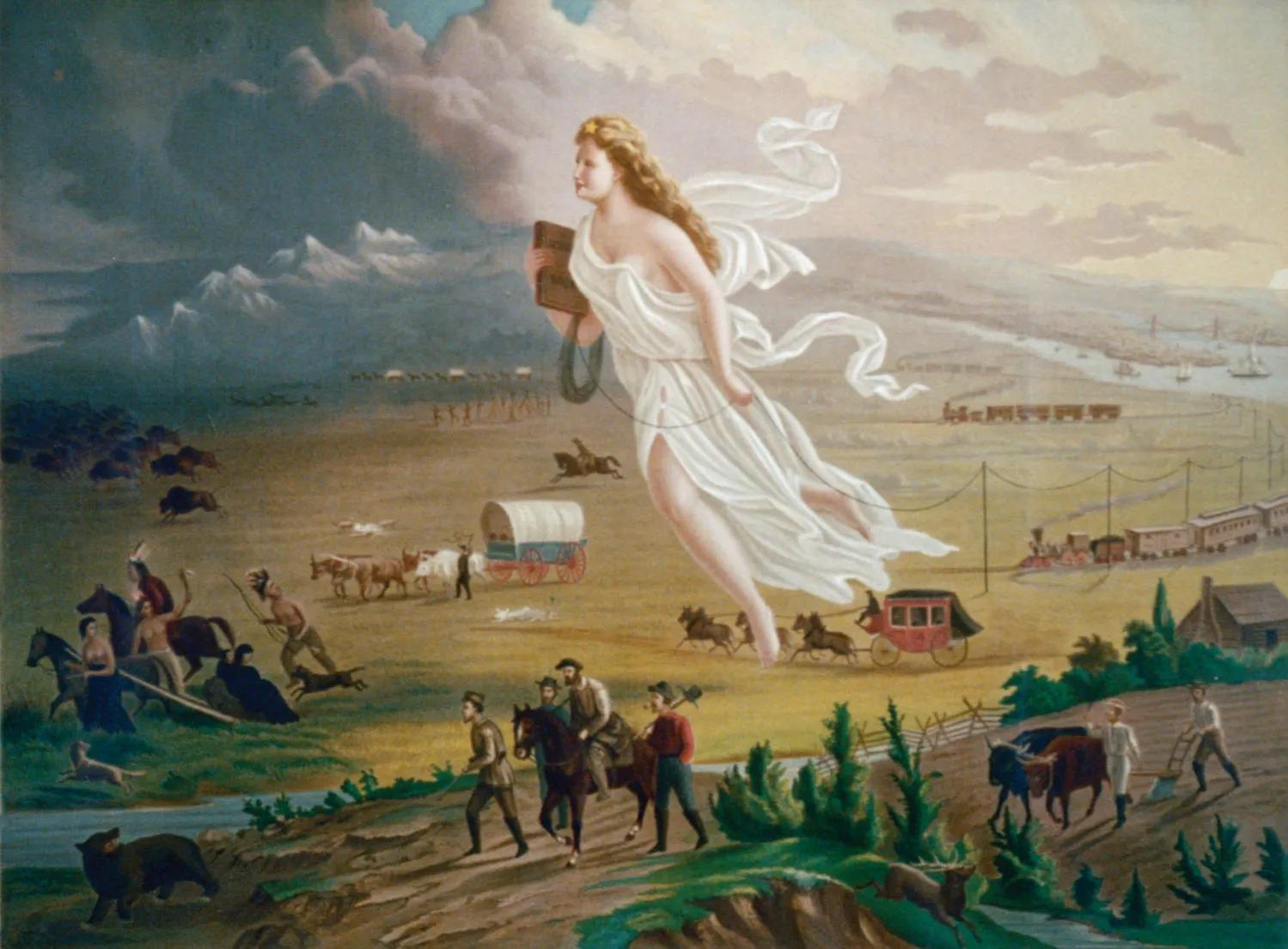AP U.S. HISTORY ANSWER KEY

Questions 6 - 8 refer to the excerpt below
"AndWedofurtherdeclareittobeOurRoyalWillandPleasure,forthepresentasaforesaid,toreserve underourSovereignty,Protection,andDominion,fortheuseofthesaidIndians,...alltheLandsand TerritorieslyingtotheWestwardoftheSourcesoftheRiverswhichfallintotheSeafromtheWestand NorthWestasaforesaid.
"AndWedoherebystrictlyforbid,onPainofourDispleasure,allourlovingSubjectsfrommakingany PurchasesorSettlementswhatever,ortakingPossessionofanyoftheLandsabovereserved,withoutour especialleaveandLicenceforthatPurposefirstobtained."
U.S. History LESSON 2 -
RoyalProclamationof1763(excerpt) AP
PRACTICE MC QUESTIONS

AP U.S. History LESSON 2 - PRACTICE MC QUESTIONS
AP U.S. History LESSON 2 - PRACTICE MC QUESTIONS
Questions #6
A primary impetus for the British king issuing the proclamation, excerpted above, was
A. a series of armed conflicts between colonists and an alliance of Native American tribes, known as the Covenant Chain, led by Chief Pontiac.
B. raids by Cherokee and the Creek warriors in the interior of Georgia and South Carolina following the "Trail of Tears ”
C. a bloody conflict, known as King Philip's War, waged by the Narragansett against encroachments by colonists.
D. skirmishes between Virginia settlers and the Powhatan Confederation
A primary impetus for the British government issuing the Proclamation of 1763 was a series of armed conflicts between colonists and an alliance of Native American tribes, known as the Covenant Chain, led by Chief Pontiac. The act drew a line through the Appalachian Mountains. Great Britain ordered the colonists not to settle beyond the line. The British government did not want to provoke additional warfare with native peoples in the region in the wake of the French and Indian War.
Questions #7
The Royal Proclamation of 1763 had the effect of
A. uniting British colonists and American Indians in mutual distrust of British intentions.
B. slowing down British immigration to North America.
C. intensifying tensions between Great Britain and France
D. creating resentment by colonists toward British policies in North America.
The Royal Proclamation of 1763 had the effect of creating resentment among colonists toward British policies in North America. Many colonists were disgruntled because they felt that they had made sacrifices during the French and Indian War, and they were now eager to settle in these newly claimed lands.
AP U.S. History LESSON 2 - PRACTICE MC QUESTIONS
AP U.S. History LESSON 2 - PRACTICE MC QUESTIONS
Questions #8
The Royal Proclamation of 1763 could best be understood in the context of
A. Great Britain shifting the structure of its empire and allowing colonies more direct control of internal affairs.
B. Great Britain's attempting to consolidate imperial control over its North American colonies.
C. Great Britain attempting to prevent the spread of revolutionary sentiment.
D. Great Britain shifting its policies from a mercantilist model to a free-market capitalist model.
The Royal Proclamation of 1763 could best be understood in the context of Great Britain's attempting to consolidate imperial control over its North American colonies. If British colonists celebrated the removal of the French from North America following the French and Indian War, their celebration was short-lived. Almost immediately, the British government attempted to confront an ongoing problem-the large debt that had accumulated during almost half a century of constant warfare. The government believed its victory in war had been especially beneficial to the colonists. In return, the British reasoned it was fair for the colonists to assume some of the costs of the war and continued protection through increased taxation. New taxes and more rigorous enforcement of existing taxes generated intense resentment and resistance among many colonists.
5 MC QUESTIONS
Questions 3 - 4 refer to the following excerpt.
“Wemustonwardtothefulfilmentofourmission totheentiredevelopmentoftheprincipleofour organization freedomofconscience,freedomofperson,freedomoftradeandbusinesspursuits, universalityoffreedomandequality.Thisisourhighdestiny,andinnature'seternal,inevitabledecree ofcauseandeffectwemustaccomplishit.Allthiswillbeourfuturehistory,toestablishonearththe moraldignityandsalvationofman theimmutabletruthandbeneficenceofGod.…Who,then,can doubtthatourcountryisdestinedtobethegreatnationoffuturity?”
ManifestDestinyspeechbyJohnO’Sullivan
AP U.S. History LESSON 3 - PERIOD
Questions #3
What consequences did Manifest Destiny have in the mid-19th century?
A. It brought democracy to the entire world
B. It led to the passage of the Bill of Rights.
C. It led to conflict with Mexico.
D. It led to religious conflict between Protestants and Catholics.
Manifest Destiny held that it was America’s responsibility to control all of North America and civilize it. As O’Sullivan reveals, many Americans thought the country was uniquely virtuous. This led to the Mexican-American War between 1846–1848.

PERIOD
QUESTIONS
AP U.S. History LESSON 3 -
5 MC
LESSON 3 - PERIOD 5 MC QUESTIONS
Questions #4
What impact did Manifest Destiny have on the debate about slavery?
A. None — Manifest Destiny did not address the rights of slaves
B. Manifest Destiny urged slave owners to liberate their slaves and convert them to Christianity
C. Manifest Destiny urged slaves to return to Africa because they were not citizens.
D. Manifest Destiny reignited concern about the status of slavery in western territories
Manifest Destiny resulted in the acquisition of large amounts of territory form Mexico in the war of 1846–1848. A fierce political debate erupted over whether slavery should be banned or permitted in the new territory. This ultimately ruined the fragile Missouri Compromise of 1820.

AP U.S. History




